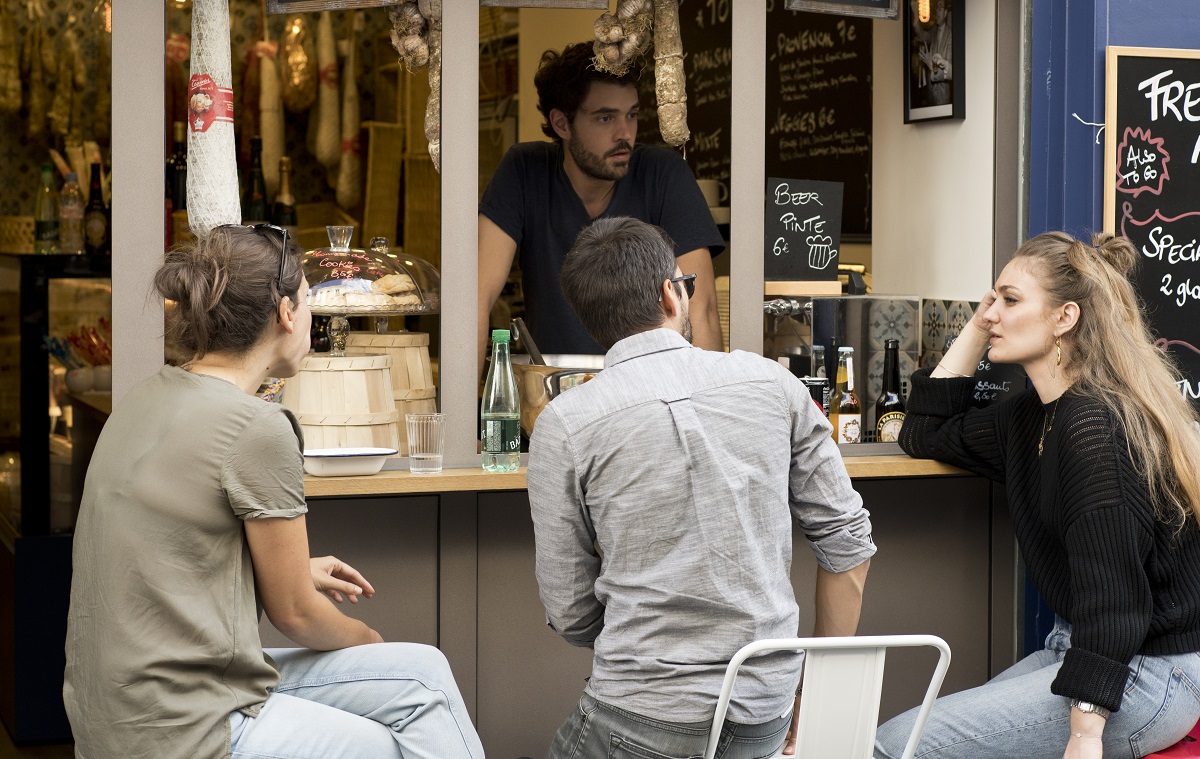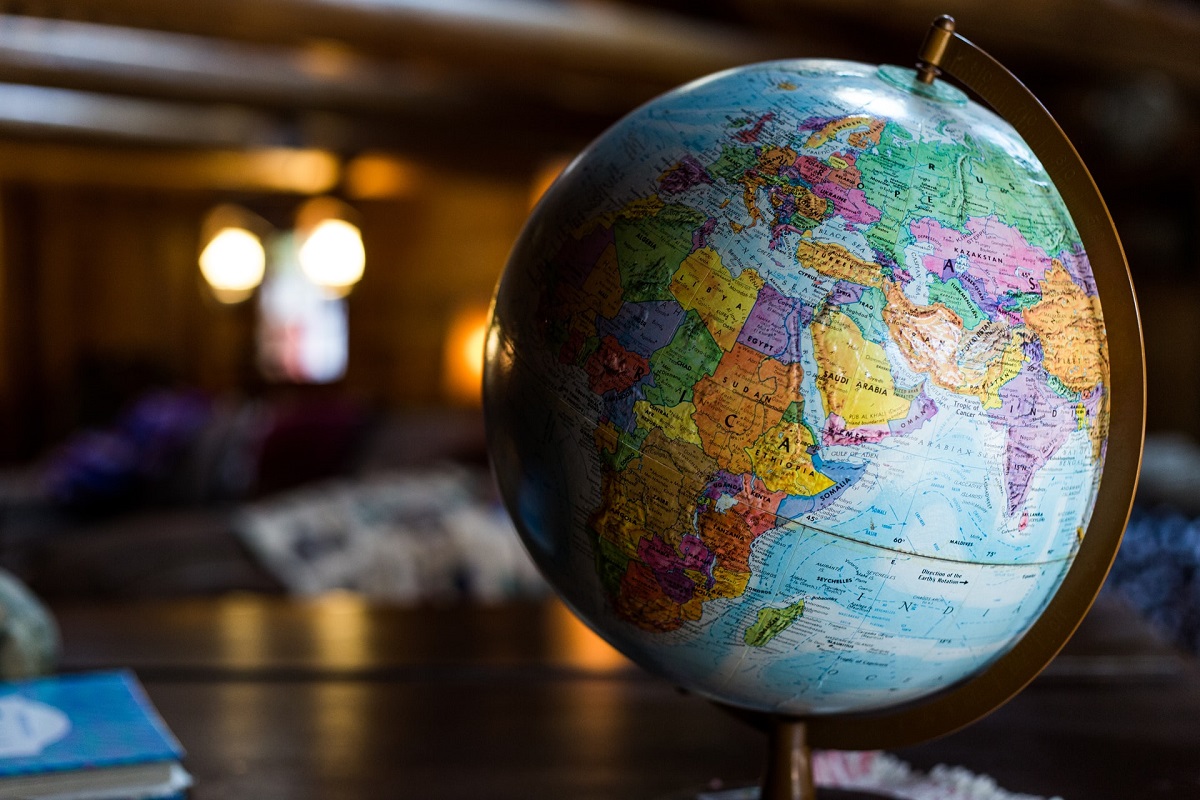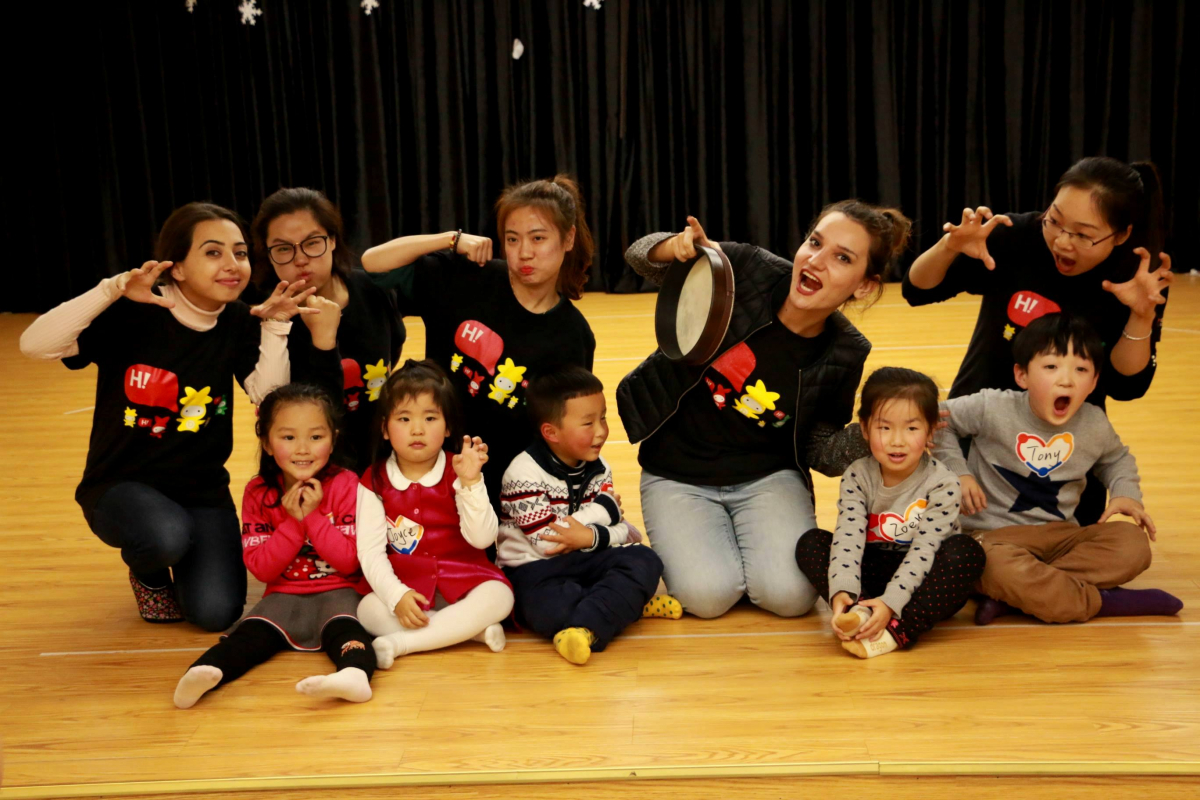What makes Armenian migrants return home: personal stories
Armenian migrants returning
Recently there has been a noticeable trend of migrants returning to Armenia after moving abroad with their families. Statistics do not capture the full picture, since some hold dual citizenship and there are also families who prefer to live “between two countries”.
In any case, most of those who have come back home prefer not to talk about what prompted their return. Only a few are willing to share the difficulties they faced.
- “American Dream” and US migration policy: Armenian migrants face deportation
- To America through Mexico – where, how, and why Georgian citizens are leaving
- How to keep labor migrants in Armenia? New EU proposal
“It was the children’s choice”: a family’s return from Russia to Armenia
The Melkumyan family spent seven years in Maykop, Russia. They started a small business, bought a house and a car. But once the children began school, the parents noticed problems – both with their integration into the classroom and with the quality of education.
“In our school there were other Armenian children. At first, they socialised with them. But in class they were shy to speak up, to answer questions. Language was not the problem. It was the attitude of their classmates, their need to dominate, that weighed down on our children,” said their mother, Arpine.
She spoke with teachers, who tried to find ways to help the girls overcome their difficulties:
“In the end, my older daughter was moved to another class, and the younger one to a different school. The problem became clearer after trips to Armenia. In our village the girls communicated freely with both peers and adults. They were active, voiced their opinions, organised games themselves. We hardly recognised our children.”
The parents decided to talk to the girls. Both said they felt better in Armenia, felt comfortable with local children and wanted to go to school with them.
To avoid sudden changes, the family agreed that the older daughter would stay in Armenia first, while they figured out their next steps. The experiment was successful: she made new friends at school, was active in class and joined various activities.
“Before long, it was clear what choice we had to make. We sold our house in Russia and returned to Armenia. It was a well-considered step. We had good reasons for it. Later we found out that two other families we knew also decided to return for the same reasons,” Arpine said.
In Armenia they bought a three-room apartment in the town of Masis. The girls went to the local school, while Arpine got a job as a cook in a restaurant. Her husband has no permanent work yet and is driving a taxi in the meantime.
“In seven years in Russia, we had built a comfortable life. But at some point we realised it made no sense if our children were depressed, withdrawn and constrained in a foreign environment. In such conditions, it’s impossible to study well. And we dream of our daughters getting a good education,” their mother said.
Arpine and her husband do not complain about their circumstances in Armenia. In their view, the only problem is that it takes more time to get established. But they believe it is possible – it just requires determination.
They have no intention of applying for help from state or private integration programmes and have already turned down such offers. The couple want to solve all their problems on their own.
“In just 10 days we settled in and began earning. We chose a school. Our neighbours turned out to be wonderful people. The main thing is that we already have a roof over our heads and a car. The rest is a matter of time,” Arpine said with confidence.
State support for migrants returning to Armenia
The Repatriation and Integration Centre is a single platform for all those coming back to the country. It was set up by the Office of the High Commissioner for Diaspora Affairs of Armenia in cooperation with the Hovnanian Family Foundation, and helps returnees with every aspect of relocation.
The aim of the centre is to encourage repatriation and help those returning to integrate in Armenia.
According to the centre, each returnee – or anyone wishing to come back – is assigned a staff member who provides advice and practical assistance on:
- acquiring citizenship and residence permits,
- transporting personal belongings,
- healthcare,
- education issues,
- social assistance,
- employment and work permits,
- military registration,
- legal advice,
- starting or relocating a business.
The centre also offers free Armenian language courses and professional workshops.
“They made the right decision”: a family’s return from Belgium
Armenia also has regional centres of the Unified Social Service. They support families in difficult social situations or those facing specific challenges. At times, this includes families who have returned from abroad. Social workers assess each family’s needs and help them overcome problems – in the case of returnees, by easing the process of integration.
Tatevik Simonyan, a social worker at one of the centres, worked with a family that had come back from Belgium.
“This family had four children. The mother said that in Belgium she and her husband worked and could not fully care for the children or create opportunities for communication and development. They were unable to support their speech development or provide an environment for them to socialise with other children. As a result, the children developed aggressive behaviour and difficulties in social interaction.
They did not play with other children on playgrounds, they would not even let them come near. One of the little ones had speech and communication problems, the others showed aggressive behaviour. It was necessary to help them overcome these problems and integrate with peers – at kindergarten, at school, in the neighbourhood,” the social worker said.
According to her, the concerned parents began to think about returning home, where their children could receive professional help in their native language. The couple already realised that the children needed a speech therapist and a psychologist, but also the care and warmth of close relatives.
Tatevik says returnee children integrate easily in Armenia:
“In Armenia, children can quickly settle in — whether in parks, on playgrounds or at school. What matters most is the consistency of parents, the support of relatives and the guidance of specialists. Within a few months, this family’s children had changed noticeably: they were playing and talking with others and no longer felt embarrassed about their Armenian.”
The social worker continues to stay in touch with the family. Two of the children are now at school, two attend kindergarten. Because the family had agreed to return voluntarily, Belgium’s migration service provided them with a grant, which allowed them to open a bakery in Armenia. Having their own business and a stable household helped the mother spend more time with the children.
“True, I worked with the children, but I also felt that the parents themselves had not managed to build social ties in Belgium. They had no friends, did not take part in cultural life. It is hard to live like that. Returning was the right decision for them,” the social worker said.





















